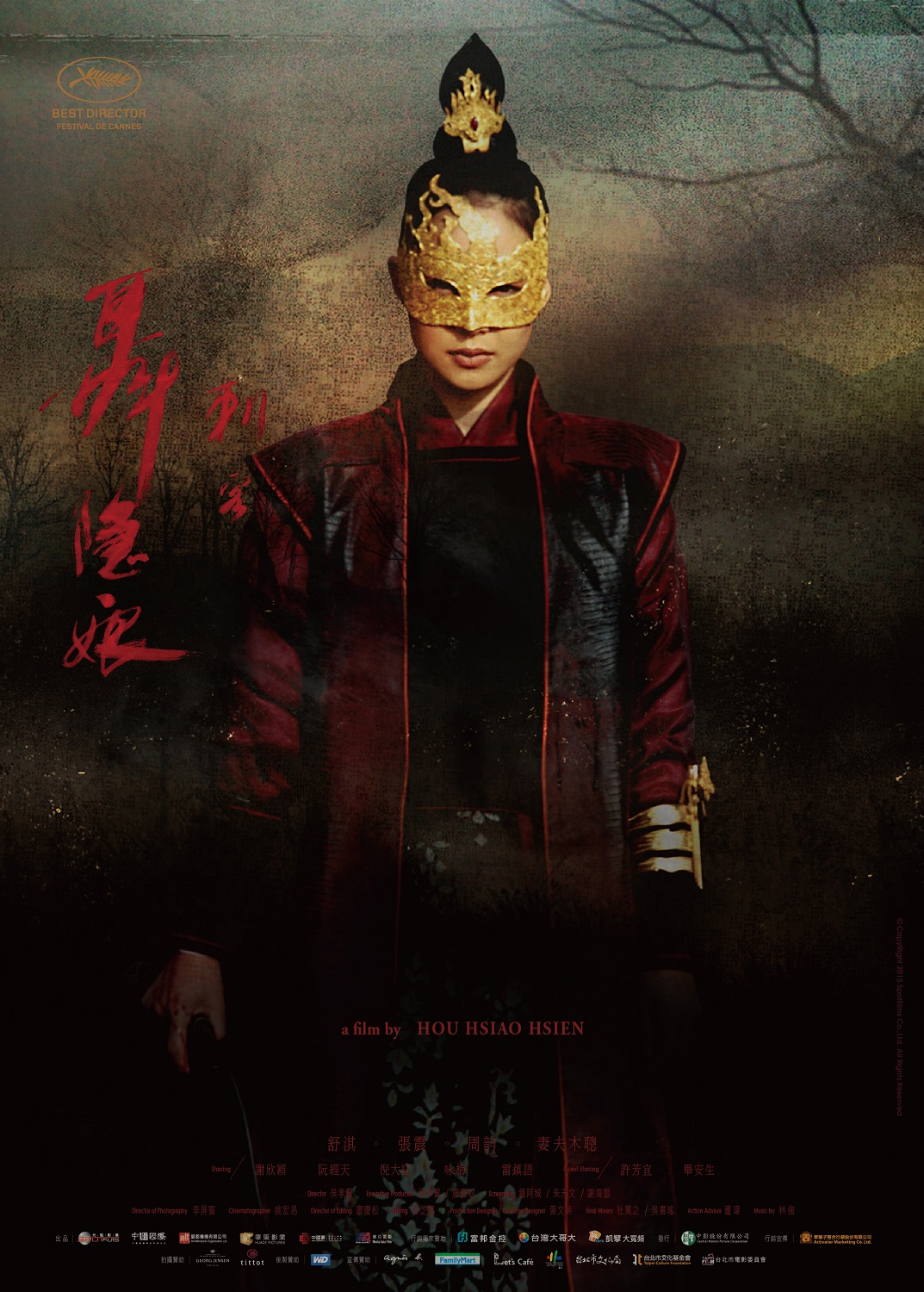The Assassin
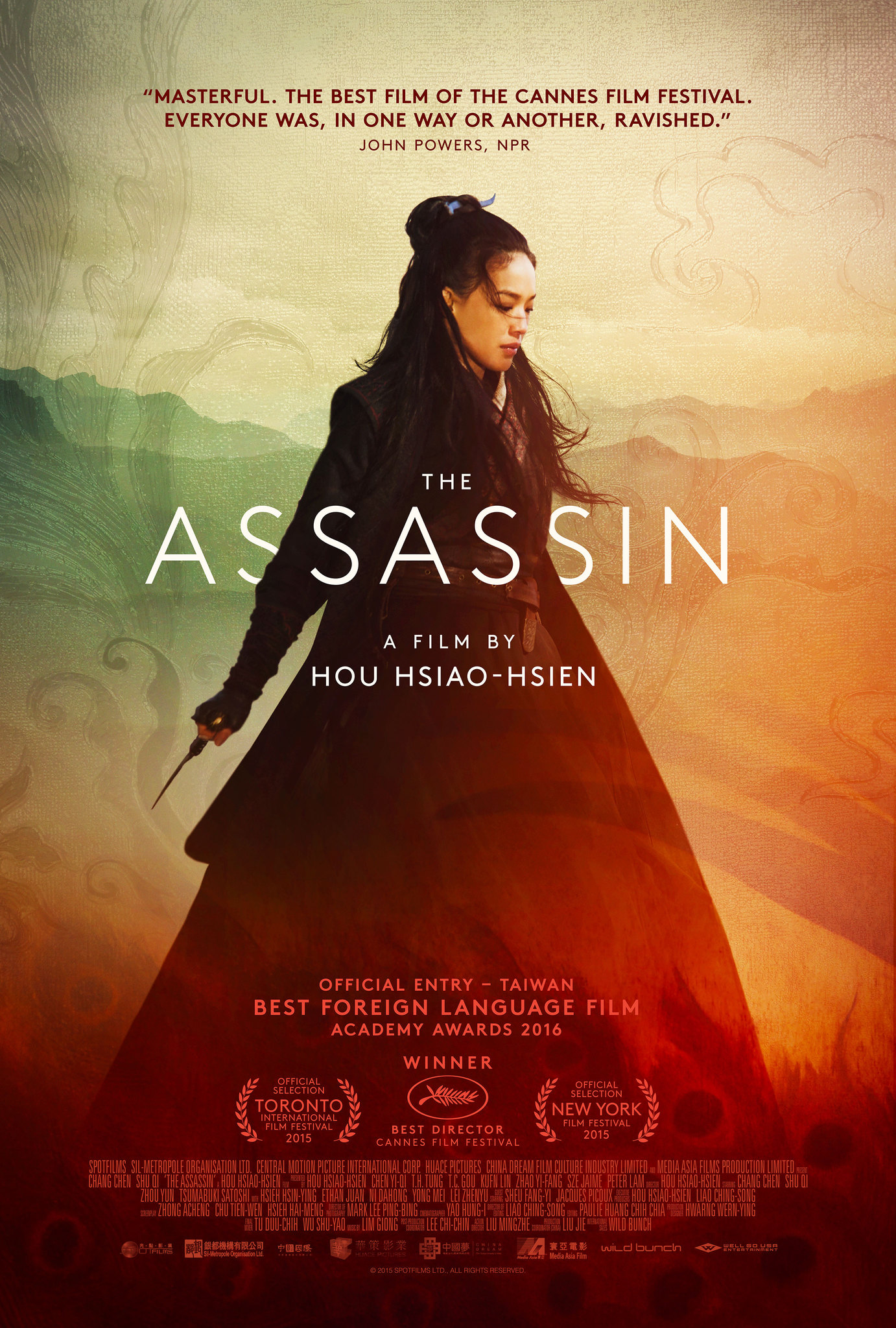
Director: Hou Hsiao-hsien
Year: 2015
Rating: 8.0
After his success
with dramas such as Ice Storm and Sense and Sensibility director Ang Lee
was asked why he wanted to make a Wuxia (Chinese heroic swordfighting) film
with Crouching Tiger, Hidden Dragon and his response was something to the
effect that every Chinese director secretly wanted to make a wuxia. These
were the films and books that they had grown up on, they were the films that
spoke to the Chinese spirit and imagination. The films of King Hu, of the
Shaw Brothers, of Tsui Hark were part of their DNA. This turned out to be
true as we saw other well-known Chinese directors such as Zhang Yimou who
had previously directed classics such as Raise the Red Lantern and Red Sorghum
turn his hand to wuxia with the astonishing Hero and House of Flying Daggers,
Feng Xiaogang directed the stunning The Banquet and Chen Kaige (Farewell
My Concubine, Temptress Moon) made The Promise in 2005.
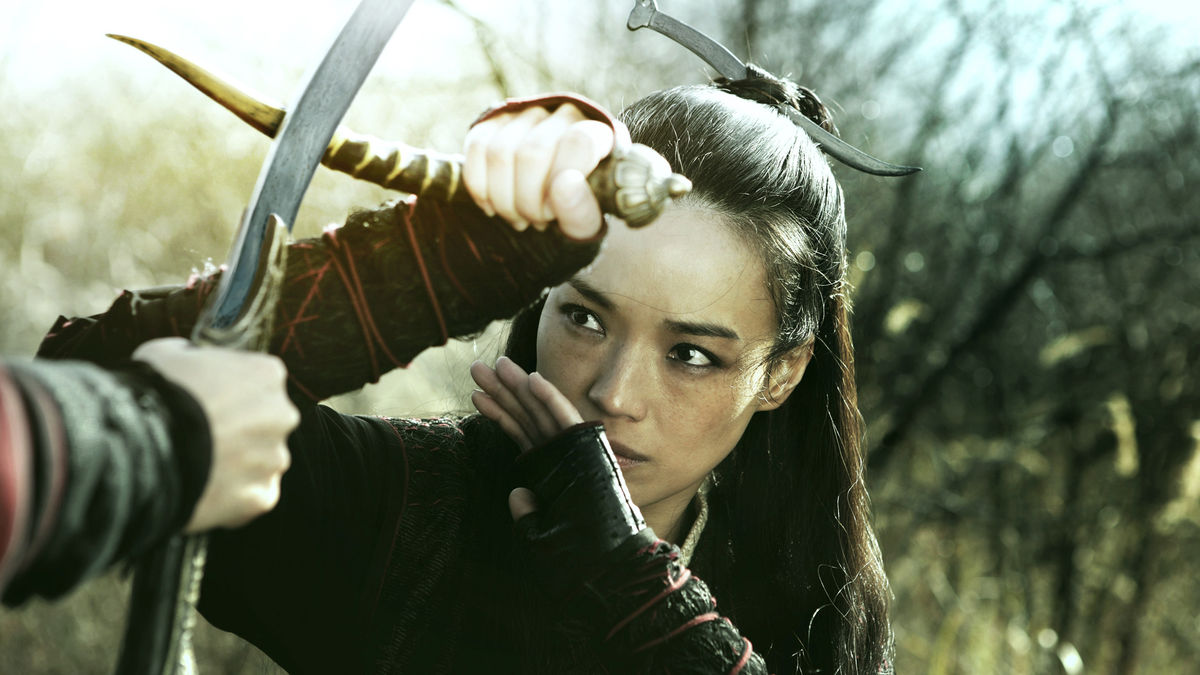
But even more surprising than those directors
taking up the tradition of wuxia films was when Hou Hsiao-hsien announced
a few years back that he too was going to make a wuxia. Hou Hsiao-hsien has
been one of the leading figures of the Taiwanese New Wave and his films –
The Puppetmaster, A City of Sadness, Millennium Mambo, Three Times, Flowers
of Shanghai among others – are thoughtful, artistic, static, at times impenetrable
and generally move as quickly as our ambitions on a hot lazy sunny day. He
has won all sorts of International Awards for the types of films that critics
usually love but that the masses stay away from like a dental check-up. People
were flabbergasted that he was going to make a wuxia film but lo and behold
it won him an award at Cannes.
It is a remarkable film in what it is and
what it isn’t. It fuses wuxia with strong art sensibilities and a heaping
of Shakespearean royal conspiracies and complexities. The plot is more than
a little elliptical and confusing to follow. It takes place in ancient China
and the small kingdom of Weibo is trying to hold on to its independence from
Greater China. Female assassin Yinniang (Shu Qi) is sent to Weibo to kill
its King Tian (Chang Chen – he was in CTHD) but her task is made harder by
the fact that she was once betrothed to Tian before she was sent away to
be trained as a killer. She takes on the persona of Hamlet as she walks the
ramparts and hills in chic black like a spirit wrestling with the decision
to kill him or not.
The film moves at the speed of a black
hole, but does so in as beautiful a manner as imaginable. The cinematography,
landscapes and detailed period sets are so exquisite and eye busting that
you want to bathe in them. HHH just lets scenes linger languorously for the
simple beauty of it. At times you feel like you are watching an art show
in slow-mo photos, each one selected with an eye for perfection. Beautiful
to watch even if slow and confusing but with an ending that is as quietly
humane as was that of King Hu’s A Touch of Zen.
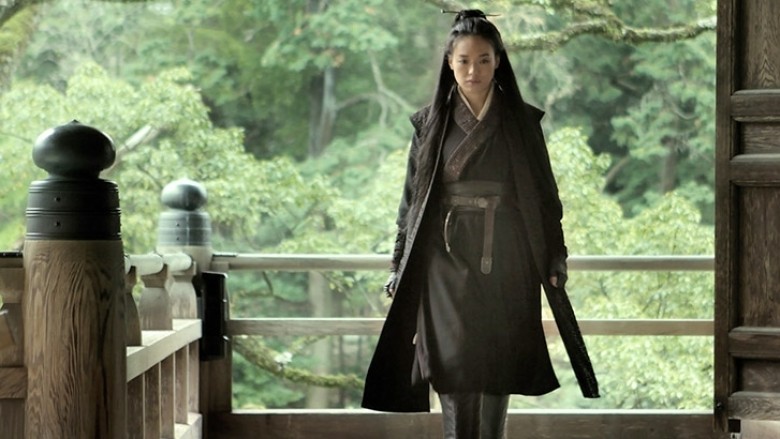
Now for those who come to a wuxia with
expectations of great action scenes and beautiful movement, leave those expectations
at the door. There is very little fighting and when there is it is surprisingly
brief and often the camera even wanders away from it to touch on something
more human that is taking place off screen. Perhaps HHH felt that there was
nothing that he could do in that respect that would in any way say something
new or perhaps the ambivalent fighting scenes reflected the inner conflicts
of the characters. In most respects this is still an art film that just happens
to be a wuxia.
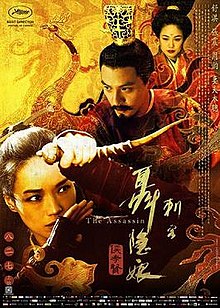
For those that may not be familiar with
the actress who plays the enigmatic reluctant assassin almost wordlessly,
she is Shu Qi, who in some ways has been the It Girl of Chinese films for
two decades. This Taiwanese actress first exploded on the scene in Hong Kong
in the mid-90’s with a series of erotic films that made good use of her naked
body. To some she was an untalented woman cashing in on her looks and willingness
to show her body – something that legitimate Hong Kong actresses would never
have done back then – but over the years she burrowed her way into the film
industry doing every kind of film genre imaginable (there is no stereotyping
actors in Hong Kong) and by the late 90’s she was not taking off her clothes
anymore and was making some terrific films. In fact her reputation grew so
much that Hou Hsiao-hsein used her in three films and she was chosen as the
Asian girl in distress in the first Transporter film. Now approaching forty,
she is still one of the more popular film actresses in China.
